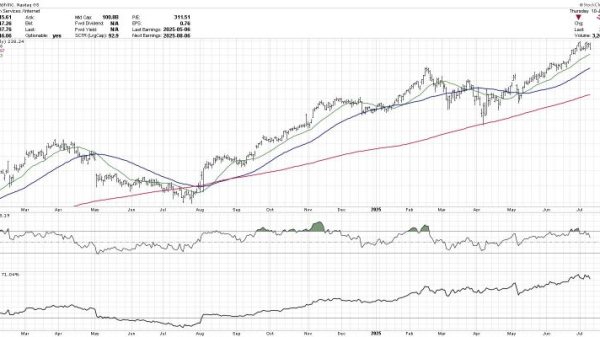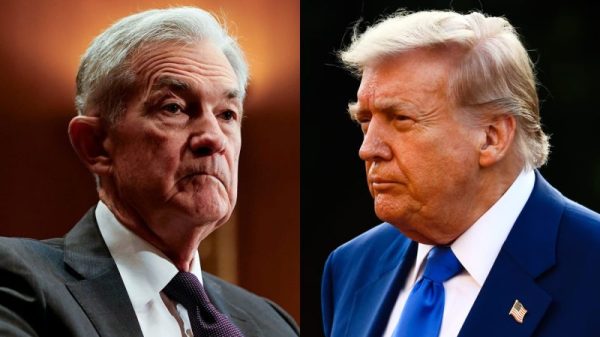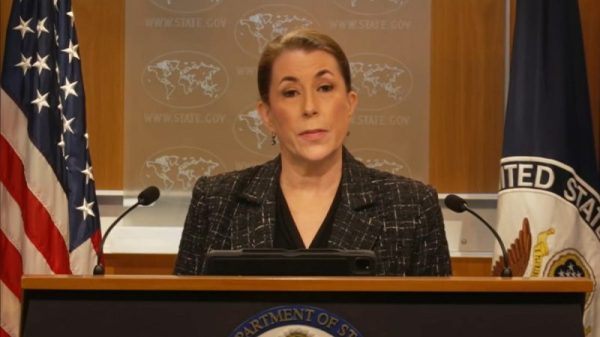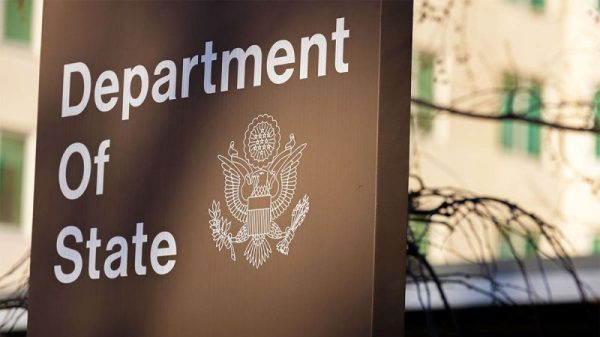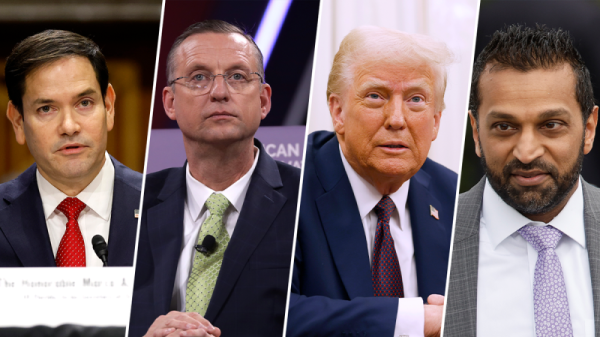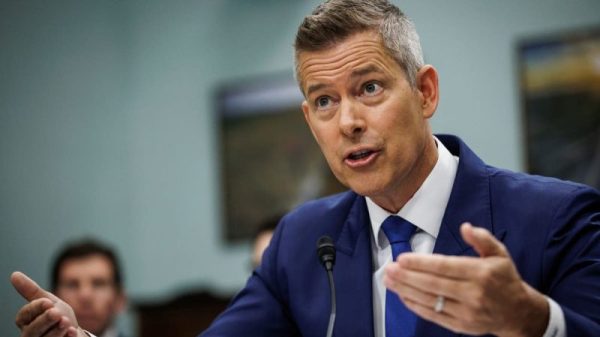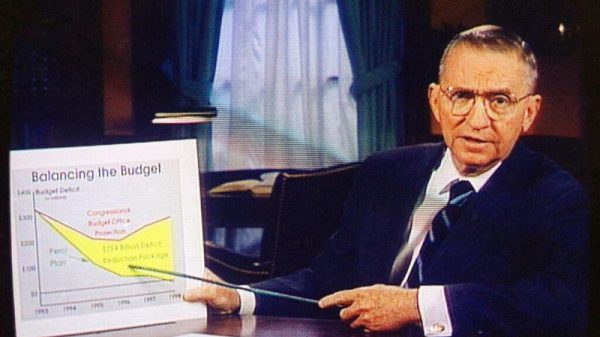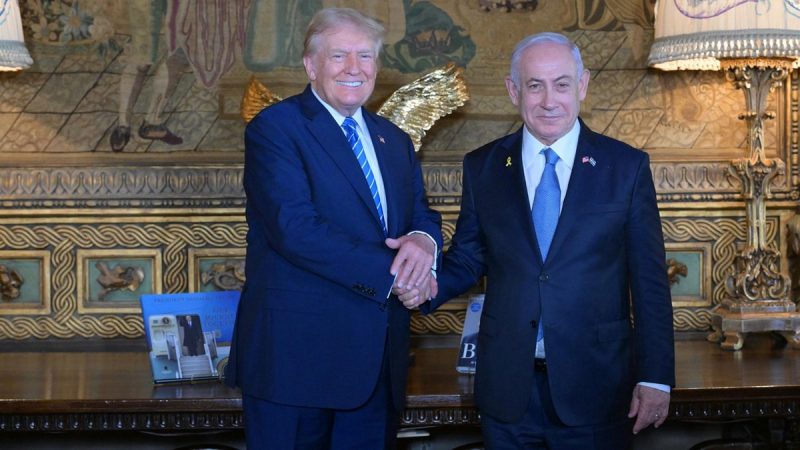In a recent development that has stirred both controversy and concern, reports have emerged that President Donald Trump and Congress are contemplating imposing stringent sanctions on the International Criminal Court (ICC) due to their issuance of an arrest warrant against Israeli Prime Minister Benjamin Netanyahu. This move, fueled by the close relationship between the United States and Israel, has sparked a heated debate on the implications of such actions for international justice and diplomatic relations.
The ICC’s decision to pursue an arrest warrant against Prime Minister Netanyahu for alleged war crimes in Gaza has undoubtedly raised questions about the court’s independence and impartiality. While some view the ICC’s actions as a bold stance against impunity and a commitment to upholding human rights, others criticize the timing and politicization of the arrest warrant, especially in the context of the long-standing Israeli-Palestinian conflict.
The Trump administration’s response, signaling its readiness to impose sanctions on the ICC, demonstrates a clear alignment with Israel and a willingness to protect its allies from international scrutiny. The proposed sanctions are envisioned to be wide-ranging and could potentially include financial penalties, travel restrictions, and even the freezing of assets of ICC officials involved in the Netanyahu case.
Critics of the move argue that such sanctions could undermine the credibility of the ICC and set a dangerous precedent for the protection of individuals accused of grave human rights violations. By exerting pressure on an international judicial body, the United States risks sending a message that it values its political alliances over the principles of justice and accountability.
Moreover, the threat of sanctions against the ICC raises concerns about the broader implications for the international legal order and the rule of law. If powerful states like the United States can act with impunity and hinder the work of international organizations, it could weaken the global commitment to promoting human rights and holding individuals accountable for their actions.
As the situation unfolds, it is essential for stakeholders, including civil society groups, other states, and legal experts, to closely monitor the developments and advocate for the protection of the ICC’s mandate to pursue justice impartially and independently. Upholding the integrity of international institutions such as the ICC is vital for ensuring accountability for human rights violations and advancing the cause of justice on a global scale.
In conclusion, the looming threat of suffocating sanctions against the ICC by the Trump administration in response to the arrest warrant against Prime Minister Netanyahu underscores the complex interplay between politics, diplomacy, and international justice. While the pursuit of accountability for human rights violations is crucial, it must be done in a manner that upholds the principles of fairness, independence, and respect for the rule of law. The implications of these actions extend beyond the current case and have the potential to shape the future of international justice and the credibility of institutions tasked with upholding it.

